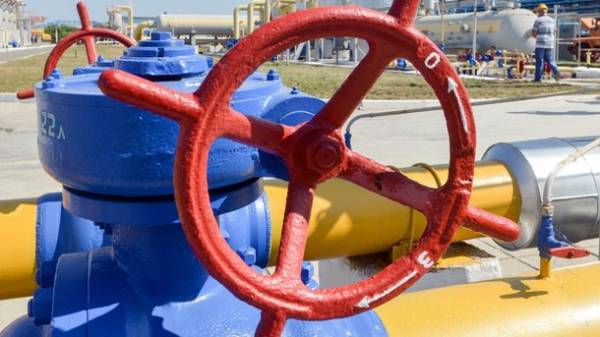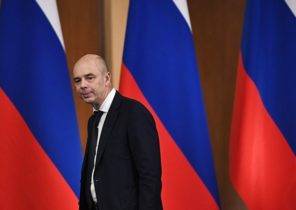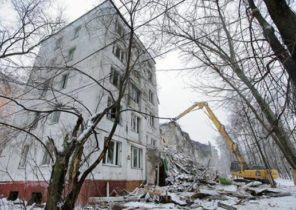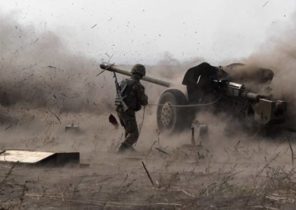
The decision of the Stockholm arbitration on the gas supply contract between NJSC “Naftogaz of Ukraine” and JSC “Gazprom” requires further study. This was stated by a member of the Supervisory Board NAK Vladimir Demchishin.
“Someone is looking for “zradu” or “Peremoga”, but it is too early to talk about this or that. The document is 800 pages, and even just to read, it takes time. For example, gas price arbitration has determined that it needs to be at the level of the hub. But it is unclear what the hub – Baumgarten, NCG, or other? We expected that the price will be at the level of “minus hub transport” and the referees just gave a “hub”. Why? It is clear that we are closer to Russia and is simply illogical that the same gas cost 18 euros per MW in Austria and on the border with Russia. But the solution to that,” said a member of the Supervisory Board of the NAC.
Demchishin added that perhaps a verdict by the Stockholm arbitration pricing linked with the abolition of the principle of “take or pay” and the actual volume of purchases.
“The referees overturned the principle of “take or pay” – we expected it, it makes sense. However, perhaps adjusting the price, they came from this logic: “Look, when you signed the contract, wanted to take a single volume, and in fact take less. To force you to take additional volume is impossible. But the price of gas will not be, as you suggest, the discount will be reduced,” – said the member of the Supervisory Board of “Naftogaz”.
According to Demchishin, there is no clear understanding on whether you will have to “Naftogaz” to pay “Gazprom” and to what extent.
“There is no clear understanding, we believe. The lawyers are studying the document,” he concluded.
We will remind, the Minister of justice of Ukraine Pavel Petrenko said that after the decision of the Stockholm arbitration in a number of European companies will have every reason to court to demand the abolition of the requirements imposed by the Russian “Gazprom”.







